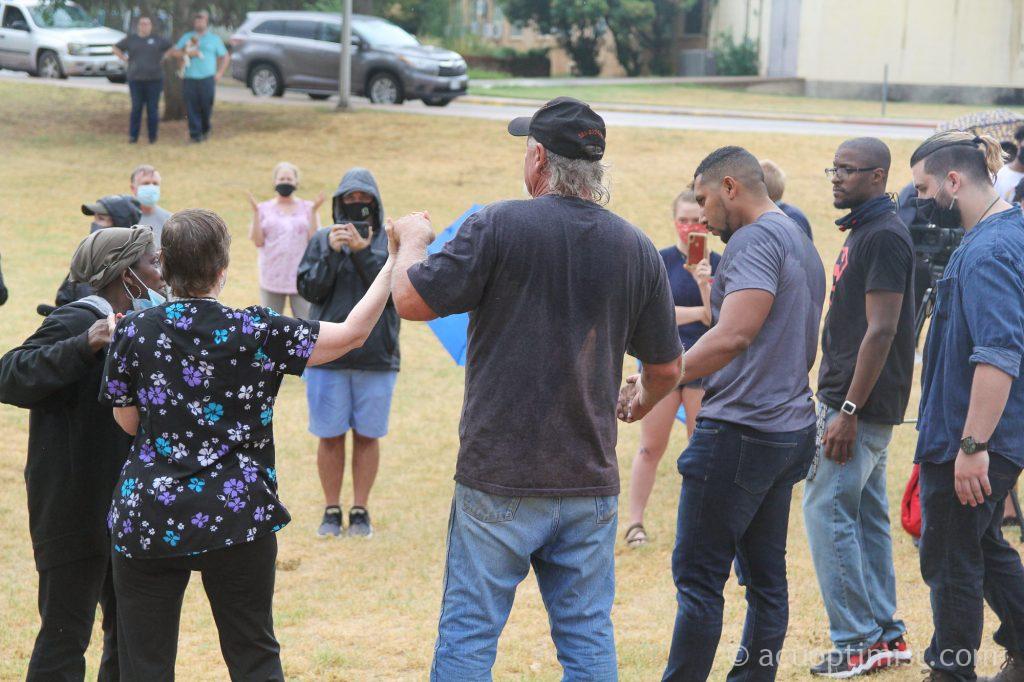As we enter a time where politics are becoming more and more divisive, we see campus life following that trend.
Whether it be professors sharing their opinions in class or student organizations sharing their thoughts on social media or on campus, we have a responsibility as Christians to come together and talk about topics without using divisive messages and disrespectful language. The university has not drawn clear lines on what political beliefs are allowed to be expressed and those that aren’t, but as Christians we should be able to decipher what messages go against Christ’s messages of love and which are simply controversial.
Professors at ACU are free to express their political beliefs, and almost every student knows a professor that has, but when do personal beliefs change to indoctrination?
A professor’s job is to educate on a predetermined topic, not to indoctrinate students and push their political agendas. One of the great things about the ACU community is that we have students that come from many countries, denominations, socio-economic situations and backgrounds. With that comes different political affiliations. If we are accepting of the varying backgrounds of our students, we have to be accepting of their various political beliefs, which means that professors shouldn’t be allowed to push their political opinions on students.
As we grow closer to the election, students and professors alike are going to increasingly share their opinions on the best candidate. However, it is more important than ever that we remember what is more important than political affiliation: love for our neighbor.
As professors and students begin sharing their beliefs, each person should look at themselves in the mirror and be sure that their intent is education and love, not tearing down political parties or affiliations. Students, remember: just because a professor says something doesn’t mean they are right. Do your own research and have discussions based in love and education rather than isolation and division.
If we come together and have civil discussions about each candidate’s policy rather than accepting indoctrination and tearing our neighbors down with attacks at party leaders, political affiliations and policy opinions, we can form educated variations of opinion that allow us to coexist without breaking each other down.


